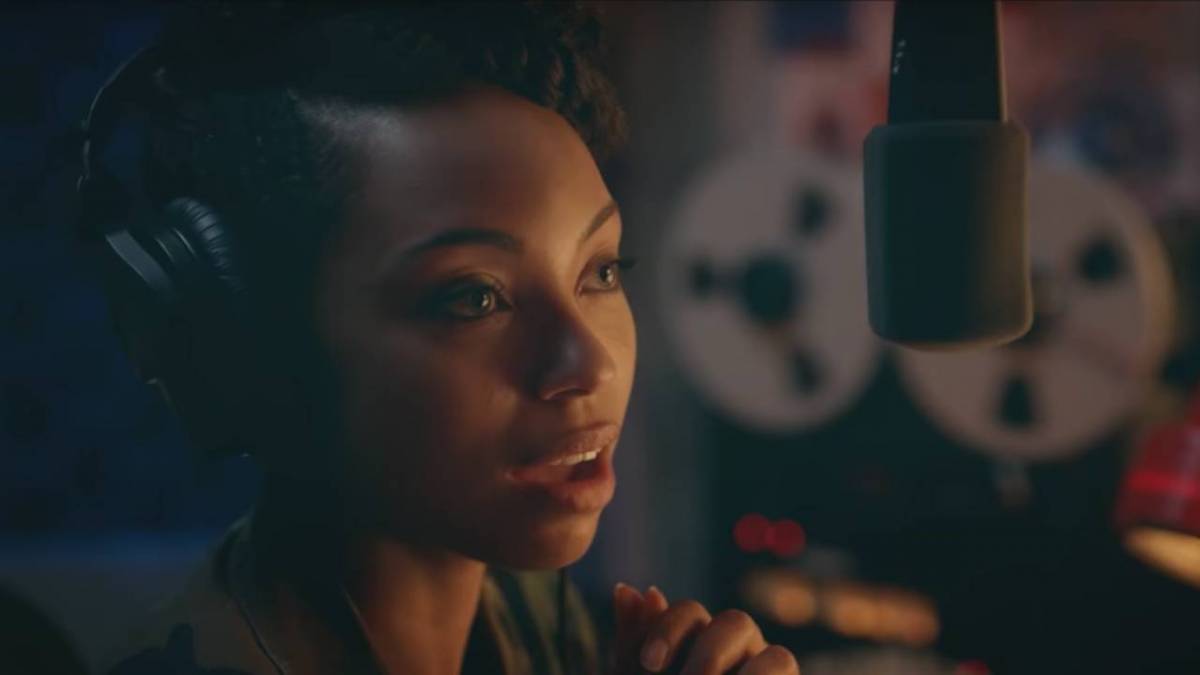Reading the title of this article may have given you faint nausea, or a prickly sensation on your skin all over like you’d get when your old aunt would press her prunish lips to your face as a child. That sensation of general unease probably made you want to turn away from this article, not to mention the show it is titled after.
If this was you (are you still there?) then that’s exactly why you should keep reading. If this was you, you need to watch the Netflix series, Dear White People.
You would have reason to suspect that this show, judging by its title, is a finger pointing, self aggrandizing political call to arms. Fortunately, you couldn’t be further from the truth. Dear White People chronicles the lives of several students, at the prestigious Winchester University, grappling with numerous issues, chief among them the racial tensions that have continued to cloud the student experience on campus. The fictitious school throws up a mirror to a dynamic that is nearly universal among American college campuses. It exposes the social interactions at play within these issues, using a cadre of America’s best and brightest future young leaders as its vehicle. Their voices are diverse in a way that is exceedingly rare, with not just black voices and white voices, but biracial voices and non-American voices and counter-culture voices, all of which are frequently at odds, and all of which, importantly, actually sound reasonable and human.
It offers no solution in doing this, however. Dear White People does not have the answers to the myriad questions it poses, and does not pretend to have them at any point. These conclusions have to be reached by the viewers, and by the dialogue it opens up that so badly needs to be held on a wider basis. And with the political climate being as volatile as it has been in recent times,this push to set the baseline of mutual understanding is welcomed.
While there is an undeniable central theme, it also sells Dear White People short to frame it as a show that deals purely with race based issues. Successful and well written fiction thrives on portraying the human experience, which Dear White People does splendidly, with a specific slant on newer experiences of the modern era. It’s impossible to watch this show as a millennial young adult and not feel some sense of affinity with these characters and their plights – whether from your own perspective, or that of people you know, or indeed, from both.
Make no mistake, though, the title is very much intentional, and there are no apologies being made for it here. It’s much like the scene in Pitch Perfect in which we are first shown the character who introduces herself as Fat Amy. Fat Amy does this because she knows it’s what people would call her behind her back anyway. And Like Fat Amy, any kind of media hoping to portray issues of identity politics from a largely minority perspective – indeed, from a largely black perspective – was always going to be the recipient of a nickname perhaps less flattering than what its creators have chosen.
So there you have it. Dear White People‘s place in the current sphere is the show that opens a discourse, and talks about things that many of us would probably not talk about. Its reception is to be expected – while it has been the scorn of anonymous internet trolls, and indeed, celebrity internet trolls – the glowing critical views and the 100% score on Rotten Tomatoes speak for themselves: the show is really, really good. The humorous stories and relatable characters in this series are simply too good to pass up.
Some of the coverage you find on Cultured Vultures contains affiliate links, which provide us with small commissions based on purchases made from visiting our site. We cover gaming news, movie reviews, wrestling and much more.



